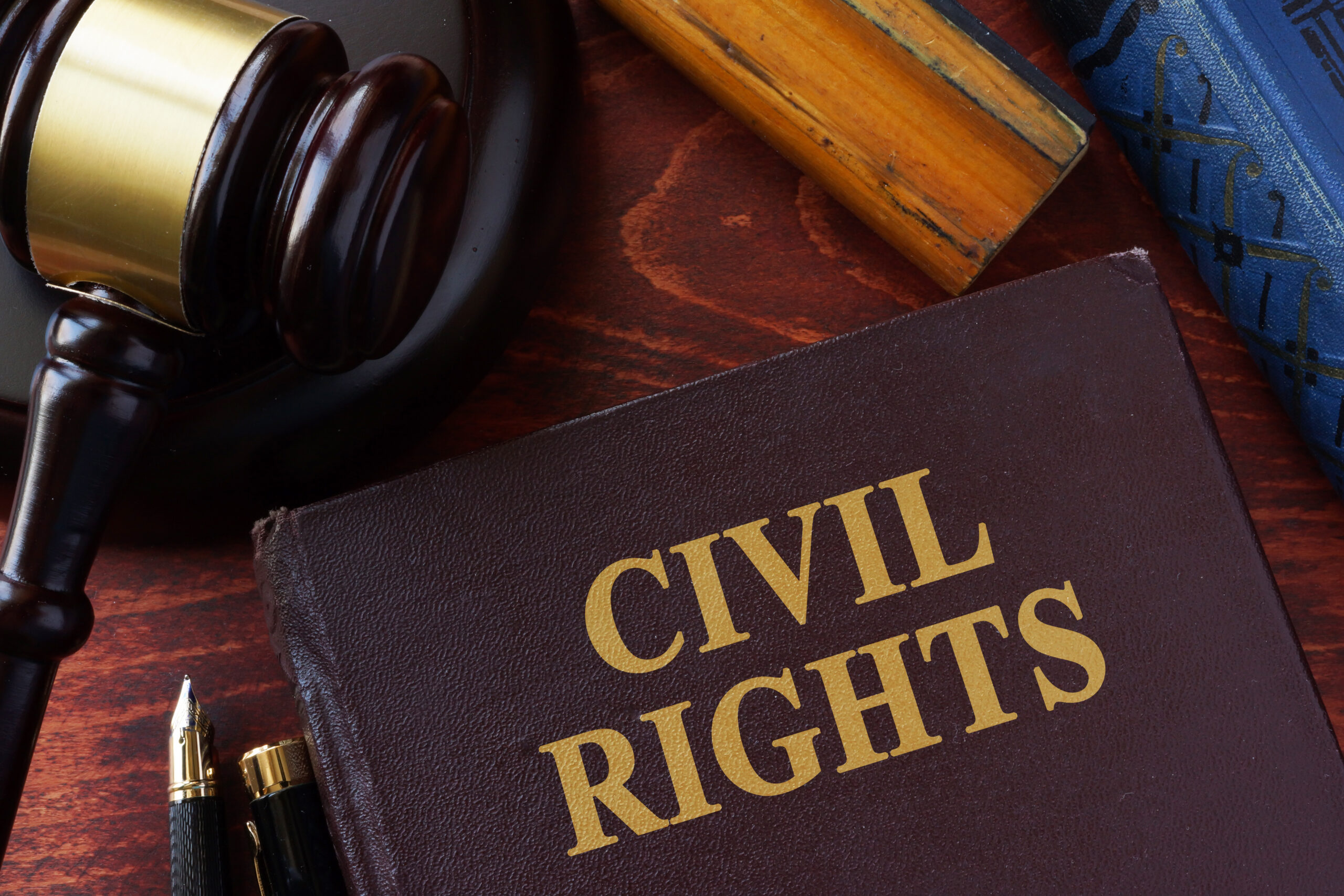Tue, 06/16/2020
One June 15, 2020, the U.S. Supreme Court ruled that Title VII’s prohibition of discrimination “because of … sex” prohibits discrimination based on a worker’s gender identity or sexual orientation. The Supreme Court’s landmark decision that “[a]n employer who fires an individual for being homosexual or transgender fires that person for traits or actions it would not have questioned in members of a different sex,” resolves a split between the appellate circuits, and extends important employment protections to gay and transgender workers.
Significantly, the Court’s ruling is likely will also protect gay and transgender individuals from discrimination in many other areas of life such as housing, education, and access to public accommodations.
In Bostock v. Clayton County, Georgia, the Supreme Court considered the allegations raised by Gerald Bostock, who was fired after he began participating in a gay recreational softball league. Consolidated with Bostock were the cases of Altitude Express, Inc. v. Zarda from the U.S. Court of Appeals for the Second Circuit, and R.G. & G.R. Harris Funeral Homes, Inc. v. Equal Employment Opportunity Commission, from the U.S. Court of Appeals for the Sixth Circuit. Altitude Express fired Mr. Zarda days after he mentioned being gay. R.G. & G. R. Harris Funeral Homes terminated Aimee Stephens, who presented as male when she was hired, after she informed her employer that she planned to “live and work full-time as a woman.” While the Eleventh Circuit Court of Appeals concluded that Title VII did not prohibit employers from firing employees for being gay, the Second and Sixth Circuits permitted Mr. Zarda and Ms. Stephens to pursue their claims.
Title VII of the Civil Rights of 1964 makes it “any individual, or otherwise to discriminate against any individual … because of such individual’s race, color, religion, sex, or national origin.” 42 U. S. C. § 2000e–2(a)(1). Relying on the plain meaning of the term “sex,” as it was understood when Title VII was enacted and the “but-for” causation written into the statute, the Supreme Court concluded, “An employer violates Title VII when it intentionally fires an individual employee based in part on sex. Slip. Op. at 9. The Court reaffirmed the “simple but momentous” decision in Price Waterhouse v. Hopkins, 490 U.S. 228, 239 (1989) (plurality opinion), that “[a]n individual employee’s sex is ‘not relevant to the selection, evaluation, or compensation of employees.’” Id. As a result, the Court stated, “[a]n individual’s homosexuality or transgender status is not relevant to employment decisions.” This is because “it is impossible to discriminate against a person for being homosexual or transgender without discriminating against that individual based on sex.” Id. The Court concluded the issue was straightforward: “homosexuality and transgender status are inextricably bound up with sex. Not because homosexuality or transgender status are related to sex in some vague sense or because discrimination on these bases has some disparate impact on one sex or another, but because to discriminate on these grounds requires an employer to intentionally treat individual employees differently because of their sex.” Slip. op. at 10.
In reaching this conclusion, the Court provided two examples. First, the Court explained that if an employer has a male and female employee, and terminates the male employee, but not the female employee, because he is attracted to men, then the employer has treated the employees differently on the basis of their sex because the employer “discriminates against him for traits or actions it tolerates in his female colleague.” Slip op. at 10. The Court further explained “take an employer who fires a transgender person who was identified as a male at birth but who now identifies as a female. If the employer retains an otherwise identical employee who was identified as female at birth, the employer intentionally penalizes a person identified as male at birth for traits or actions that it tolerates in an employee identified as female at birth. Again, the individual employee’s sex plays an unmistakable and impermissible role in the discharge decision.” Id.
According to UCLA’s Williams Institute, approximately 1 million American workers identify as transgender, and 7.1 million identify as lesbian, gay, and bisexual. The Supreme Court’s decision ensures that those workers have the same rights to be free from discrimination under the law as other workers in other protected classes. If you are a member of a protected class who believes your employer has discriminated against you because of your race, color, religion, sex, or national origin, please contact MSE at [email protected].

